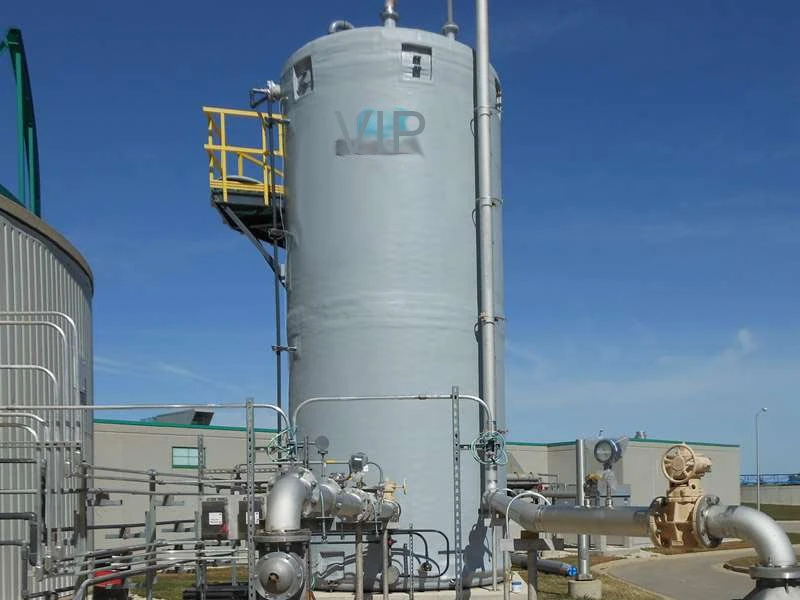
-
 Afrikaans
Afrikaans -
 Albanian
Albanian -
 Amharic
Amharic -
 Arabic
Arabic -
 Armenian
Armenian -
 Azerbaijani
Azerbaijani -
 Basque
Basque -
 Belarusian
Belarusian -
 Bengali
Bengali -
 Bosnian
Bosnian -
 Bulgarian
Bulgarian -
 Catalan
Catalan -
 Cebuano
Cebuano -
 China
China -
 China (Taiwan)
China (Taiwan) -
 Corsican
Corsican -
 Croatian
Croatian -
 Czech
Czech -
 Danish
Danish -
 Dutch
Dutch -
 English
English -
 Esperanto
Esperanto -
 Estonian
Estonian -
 Finnish
Finnish -
 French
French -
 Frisian
Frisian -
 Galician
Galician -
 Georgian
Georgian -
 German
German -
 Greek
Greek -
 Gujarati
Gujarati -
 Haitian Creole
Haitian Creole -
 hausa
hausa -
 hawaiian
hawaiian -
 Hebrew
Hebrew -
 Hindi
Hindi -
 Miao
Miao -
 Hungarian
Hungarian -
 Icelandic
Icelandic -
 igbo
igbo -
 Indonesian
Indonesian -
 irish
irish -
 Italian
Italian -
 Japanese
Japanese -
 Javanese
Javanese -
 Kannada
Kannada -
 kazakh
kazakh -
 Khmer
Khmer -
 Rwandese
Rwandese -
 Korean
Korean -
 Kurdish
Kurdish -
 Kyrgyz
Kyrgyz -
 Lao
Lao -
 Latin
Latin -
 Latvian
Latvian -
 Lithuanian
Lithuanian -
 Luxembourgish
Luxembourgish -
 Macedonian
Macedonian -
 Malgashi
Malgashi -
 Malay
Malay -
 Malayalam
Malayalam -
 Maltese
Maltese -
 Maori
Maori -
 Marathi
Marathi -
 Mongolian
Mongolian -
 Myanmar
Myanmar -
 Nepali
Nepali -
 Norwegian
Norwegian -
 Norwegian
Norwegian -
 Occitan
Occitan -
 Pashto
Pashto -
 Persian
Persian -
 Polish
Polish -
 Portuguese
Portuguese -
 Punjabi
Punjabi -
 Romanian
Romanian -
 Russian
Russian -
 Samoan
Samoan -
 Scottish Gaelic
Scottish Gaelic -
 Serbian
Serbian -
 Sesotho
Sesotho -
 Shona
Shona -
 Sindhi
Sindhi -
 Sinhala
Sinhala -
 Slovak
Slovak -
 Slovenian
Slovenian -
 Somali
Somali -
 Spanish
Spanish -
 Sundanese
Sundanese -
 Swahili
Swahili -
 Swedish
Swedish -
 Tagalog
Tagalog -
 Tajik
Tajik -
 Tamil
Tamil -
 Tatar
Tatar -
 Telugu
Telugu -
 Thai
Thai -
 Turkish
Turkish -
 Turkmen
Turkmen -
 Ukrainian
Ukrainian -
 Urdu
Urdu -
 Uighur
Uighur -
 Uzbek
Uzbek -
 Vietnamese
Vietnamese -
 Welsh
Welsh -
 Bantu
Bantu -
 Yiddish
Yiddish -
 Yoruba
Yoruba -
 Zulu
Zulu
Durable Fiberglass Solutions for Enhanced Corrosion Resistance in Various Environments
The Advantages of Corrosion Resistant Fiberglass
Corrosion is a significant challenge faced by many industries, impacting infrastructure, equipment longevity, and economic viability. Traditional materials such as metals are often prone to rust and deterioration when exposed to aggressive environments. This is where corrosion-resistant fiberglass emerges as a formidable alternative. With its numerous advantages, fiberglass is reshaping how industries approach design and maintenance, paving the way for more durable and efficient operations.
Understanding Corrosion-Resistant Fiberglass
Corrosion-resistant fiberglass is a composite material made from woven fibers of glass and a resin, typically polyester or vinyl ester. This combination creates a lightweight yet strong alternative to metals and other construction materials. The unique properties of fiberglass help it withstand corrosive elements that typically cause deterioration in other materials.
Superior Durability
One of the standout features of corrosion-resistant fiberglass is its exceptional durability. Unlike metals that can corrode when exposed to moisture, chemicals, or salt, fiberglass is inert and does not react with these substances. This characteristic makes it an ideal choice for harsh environments, such as wastewater treatment facilities, chemical plants, and marine applications. For instance, in the marine industry, fiberglass is commonly used for boat hulls and dock components, as it can resist the damaging effects of saltwater and UV exposure significantly better than traditional materials.
Cost-Effectiveness
While the initial investment in corrosion-resistant fiberglass may be slightly higher than traditional materials, its long-term cost-effectiveness cannot be overlooked. The durability and resistance to degradation lead to reduced maintenance costs and longer life spans for products made from fiberglass. Industries can save significantly on repairs and replacements, translating into more predictable budgeting and lower total lifecycle costs.
corrosion resistant fiberglass

Lightweight Design
Another undeniable advantage of fiberglass is its lightweight properties. Compared to metals, which can be heavy and cumbersome, fiberglass is much lighter, which facilitates easier handling and installation. This characteristic is particularly beneficial in applications where reducing overall weight is essential, such as in aerospace and automotive industries. Lower weight can lead to increased efficiency and performance, making fiberglass an attractive option for engineers and designers.
Versatile Applications
The versatility of corrosion-resistant fiberglass is another reason for its growing popularity. Its ability to be molded into complex shapes allows manufacturers to create components tailored to specific requirements. From tanks and piping in chemical processing to structural components in construction, fiberglass proves adaptable to various applications. Moreover, it can be manufactured in different colors and finishes, making it aesthetically appealing for architectural designs.
Environmentally Friendly Options
As global industries move towards more sustainable practices, the use of corrosion-resistant fiberglass aligns with ecological goals. Many fiberglass products are now made from recycled materials, reducing the carbon footprint associated with their production. Additionally, due to its longevity and resistance to corrosion, fiberglass contributes fewer waste materials to landfills over time compared to traditional materials that require frequent replacement.
Conclusion
Corrosion-resistant fiberglass represents a revolutionary shift in materials science, providing a robust solution for industries facing the challenges of corrosion. Its exceptional durability, cost-effectiveness, lightweight nature, versatility, and environmental benefits make it an attractive choice across multiple sectors. As industries continue to seek innovative materials that enhance reliability and reduce costs, fiberglass is poised to play an increasingly vital role. Investing in corrosion-resistant fiberglass not only helps solve present-day challenges but also sets the stage for a more sustainable and economically viable future. As we advance our understanding and technologies, it is evident that fiberglass will remain at the forefront of material innovation, powering industries toward growth and durability in even the harshest conditions.









